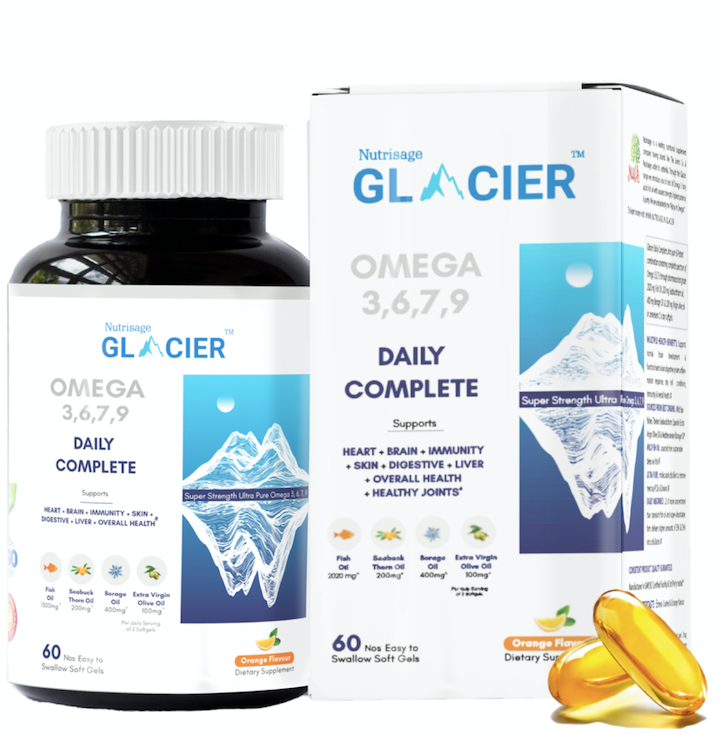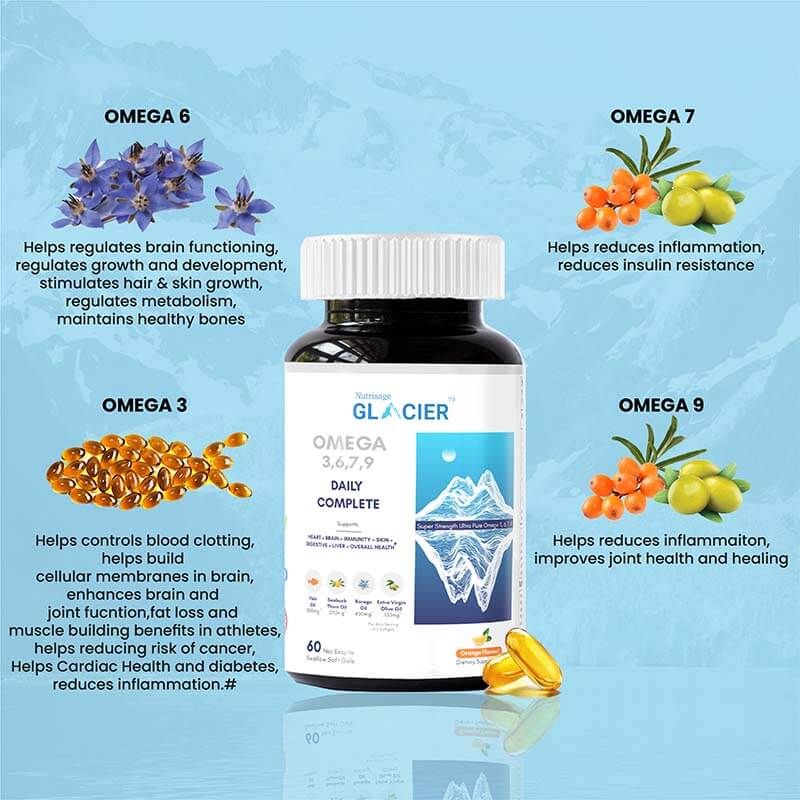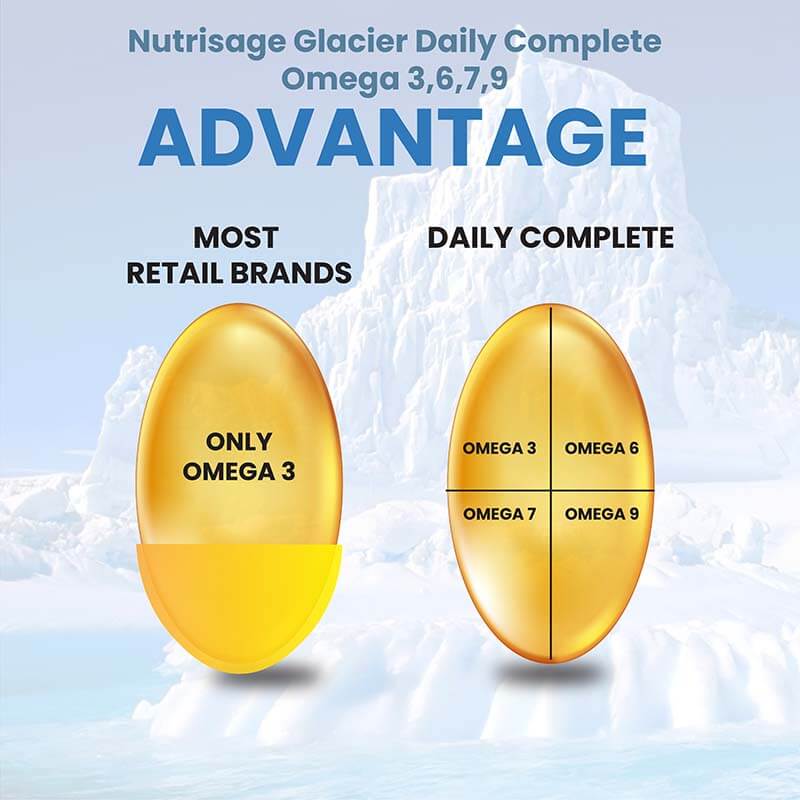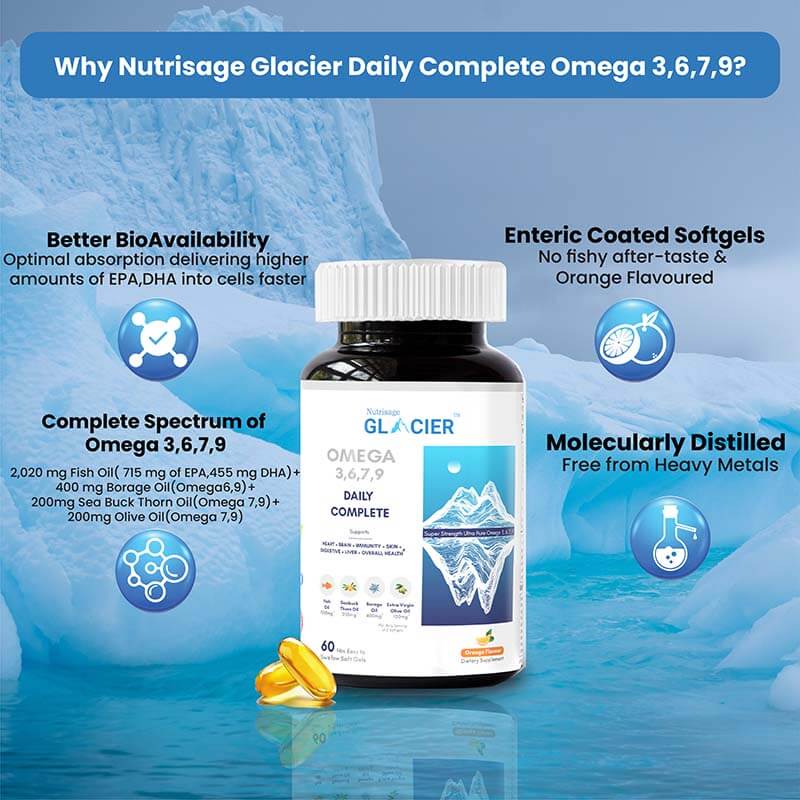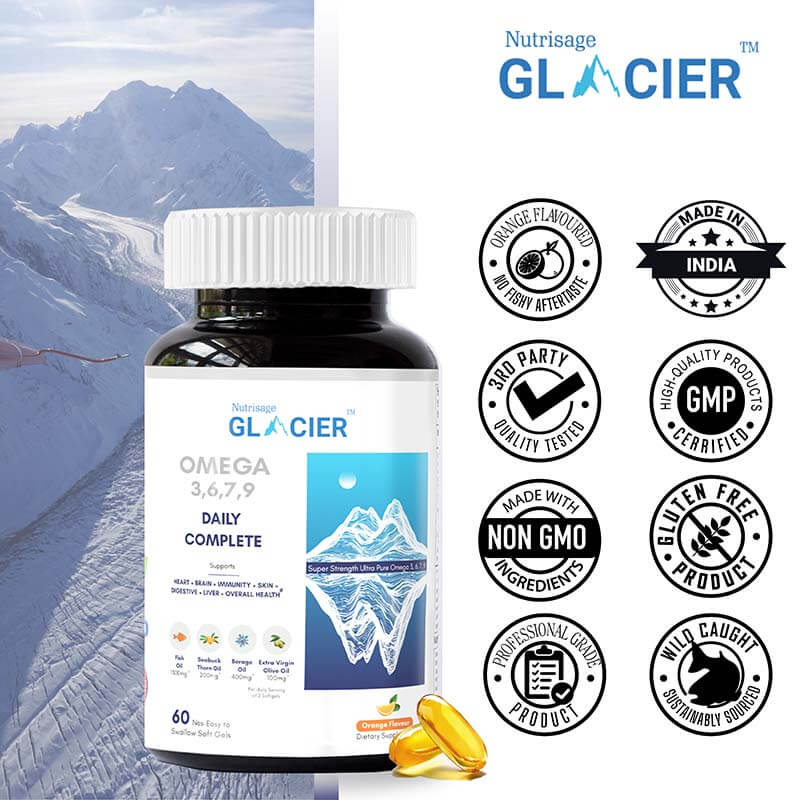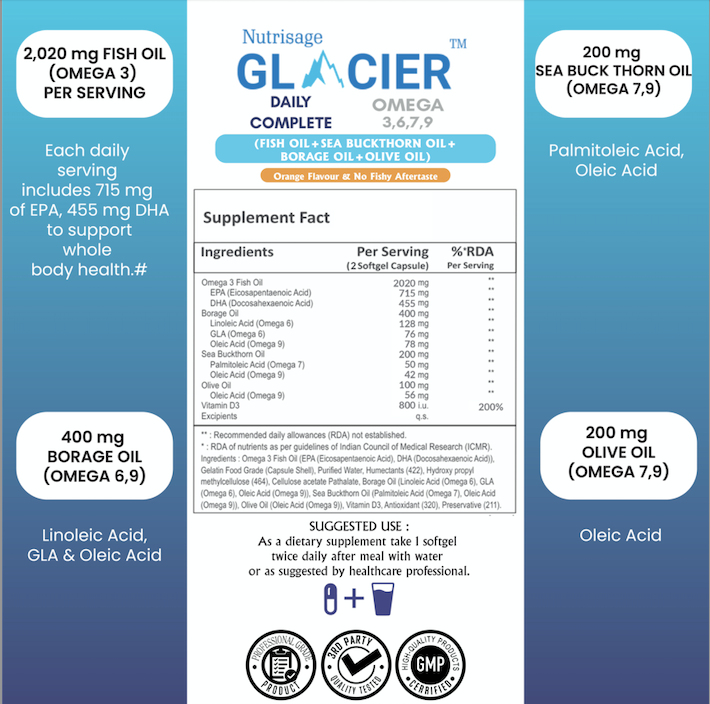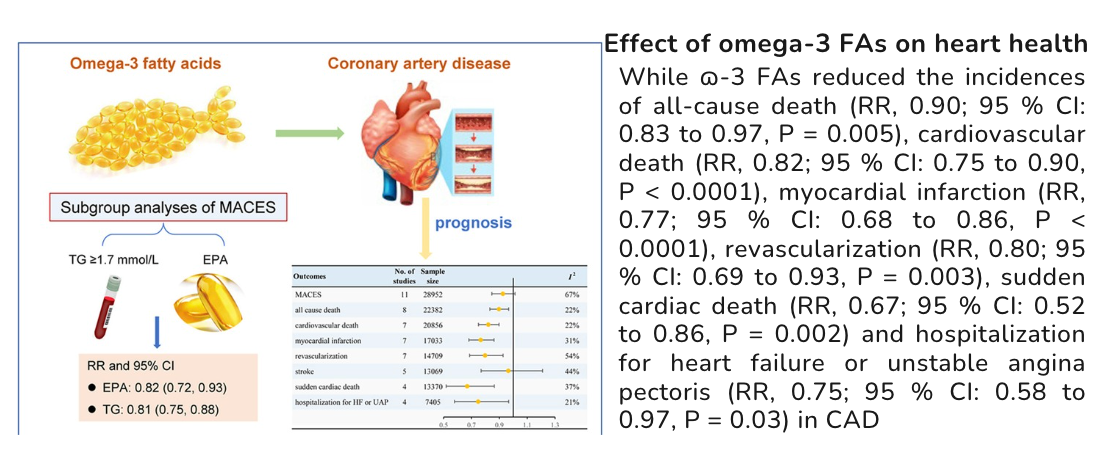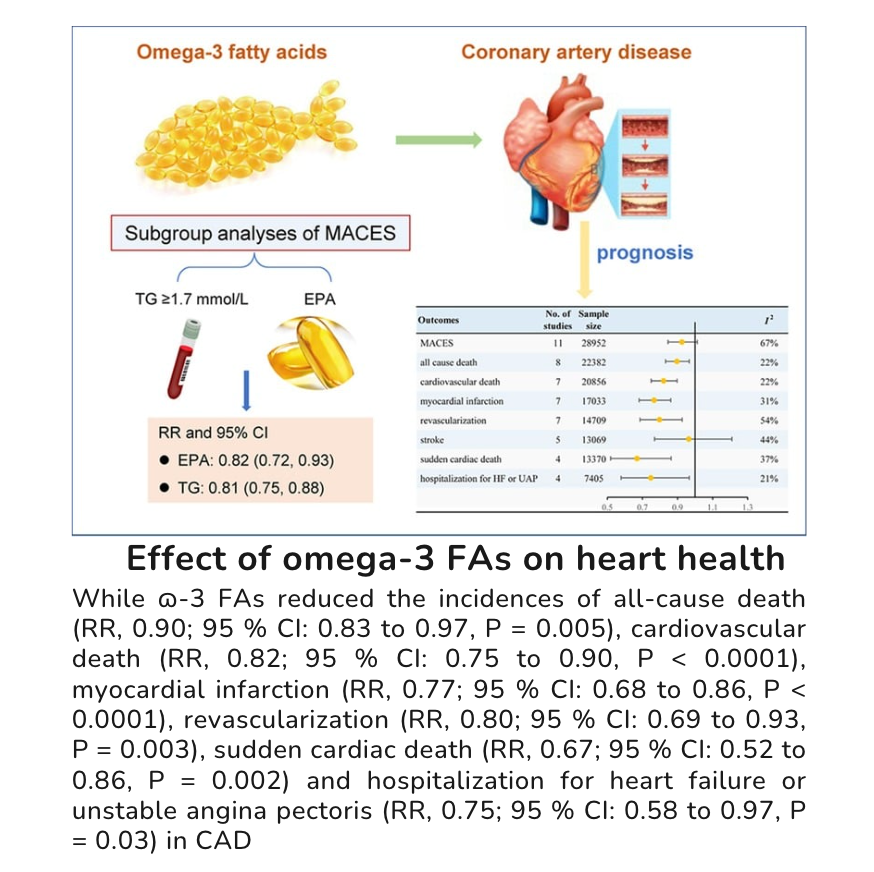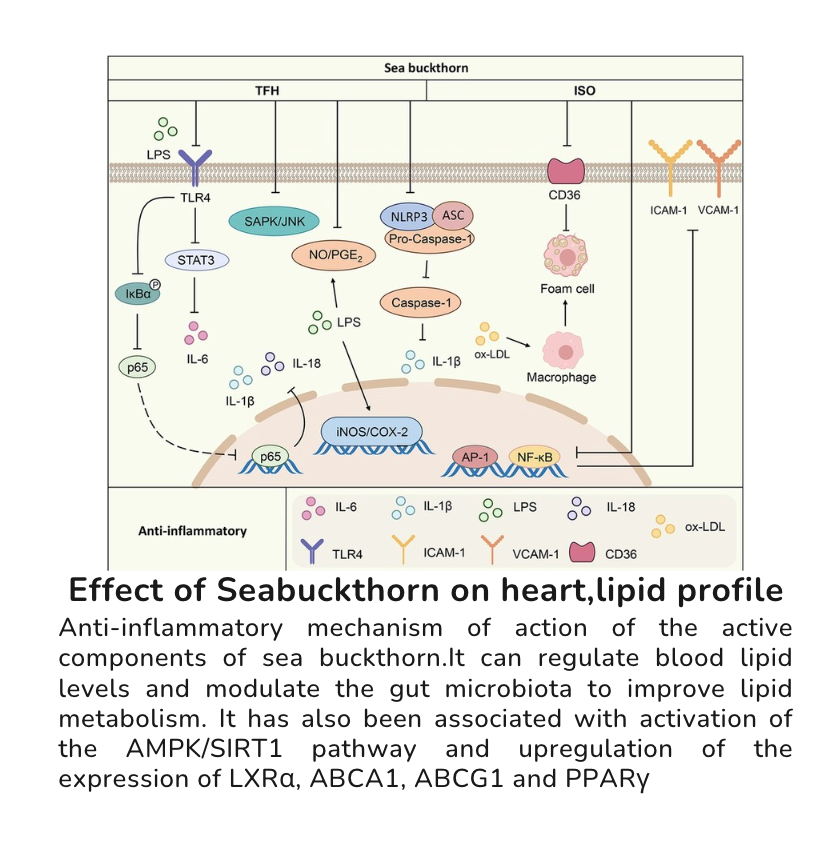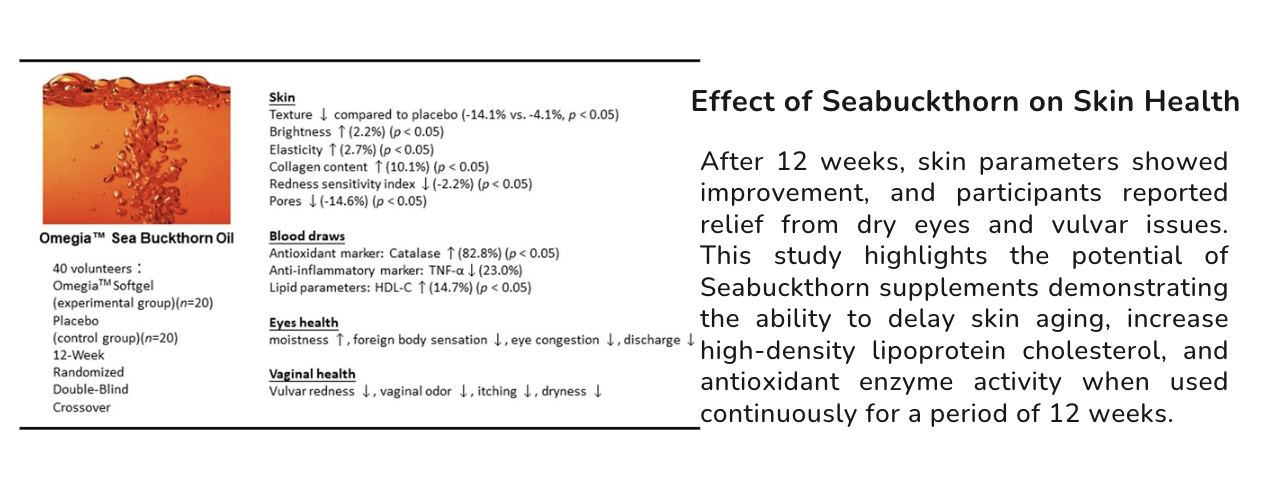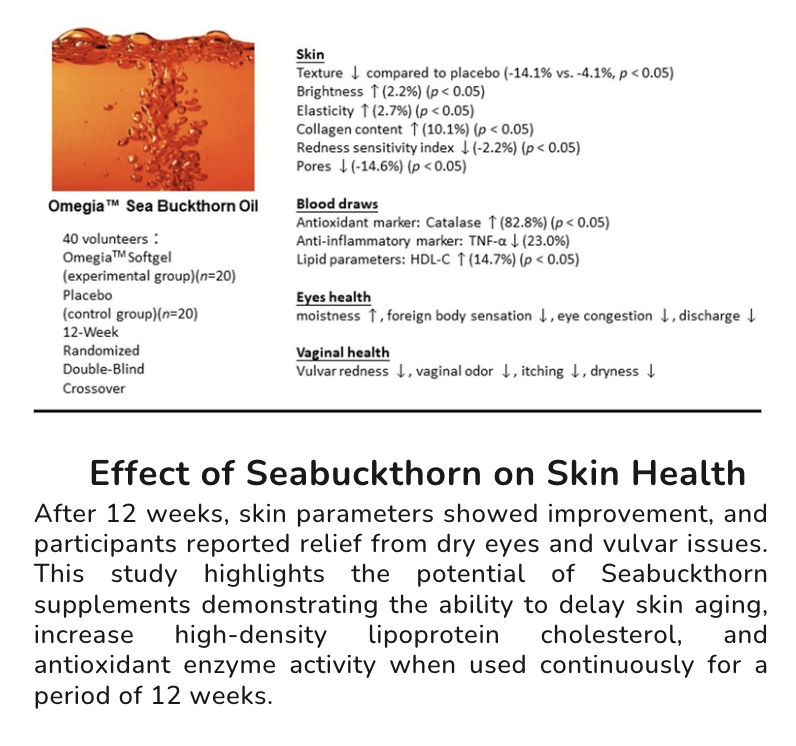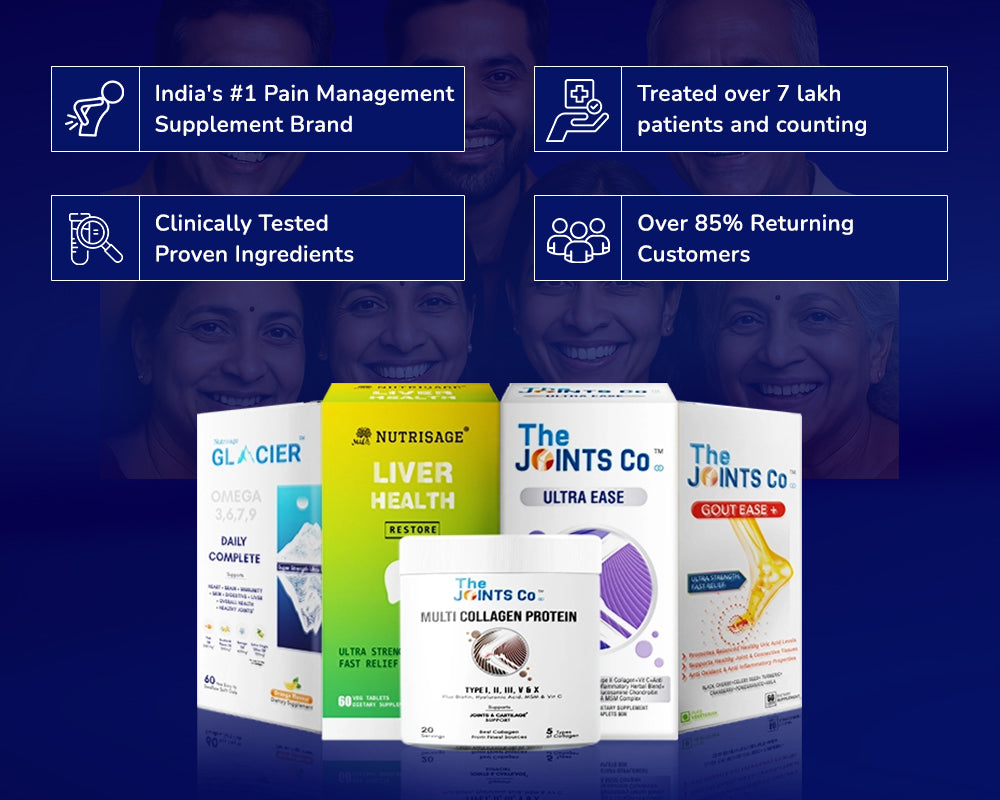Nutrisage India
Glacier Daily Complete
Glacier Daily Complete
Couldn't load pickup availability

Nutrisage Glacier Daily Complete Omega 3,6,7,9 - 2020 mg Fish Oil, Seabuckthorn, Borage & Olive Oil & Vitamin D - Full Spectrum of Omega for Complete Health - 60 Enteric Coated Soft Gels
✅ COMPLETE SPECTRUM OF OMEGA 3,6,7,9- All is always better than one! So why just consume Omega 3 when you can get complete spectrum of Omega 3,6,7,9
✅ FINEST SOURCES FOR OVERALL CARE - Nutrisage Glacier Daily Complete is your complete Omega-3, 6,7 & 9 fatty acids requirement from Fish, Sea Buck Thorn, Borage & Extra Virgin Olive Oils to supply you with the well-rounded source of the fatty acids you need most in a contribute to heart & overall health.
✅ FRESHNESS, POTENCY, AND PURITY GUARANTEED - Like all Nutrisage products, Omega 3 fish oil capsules are made in ISO & GMP Certified facility & 3rd party tested for freshness, potency, and purity.Latest BATCH REPORT attached.
✅ SUSTAINABLY SOURCED - We source the highest quality, deep, cold-water fish using traditional, sustainable methods for this omega 3 supplement
✅ BETTER ABSORPTION, BETTER TASTE, NO FISHY BURPS -Enriched or coated fish oil supplements may have some advantages over regular fish oil supplements. Here are a few reasons why some people may choose to use enriched or coated fish oil:
- Reduced Fishy Aftertaste : Some people find that regular fish oil supplements can leave a fishy aftertaste in their mouth or cause burping or indigestion. Enriched or coated fish oil supplements may be more palatable and easier to digest, which could make them a more appealing option for some people
- Enhanced Bioavailability : Enriched or coated fish oil supplements may have enhanced bioavailability, which means they are more easily absorbed by the body. This could potentially increase the effectiveness of the supplement.
- Additional Nutrients : Some enriched fish oil supplements may contain additional nutrients, such as vitamins or minerals, that can provide added health benefits.
It's important to note that not all enriched or coated fish oil supplements are created equal, and the quality of the product can vary. It's important to choose a reputable brand

What is unique in Glacier Daily Complete ?

Share
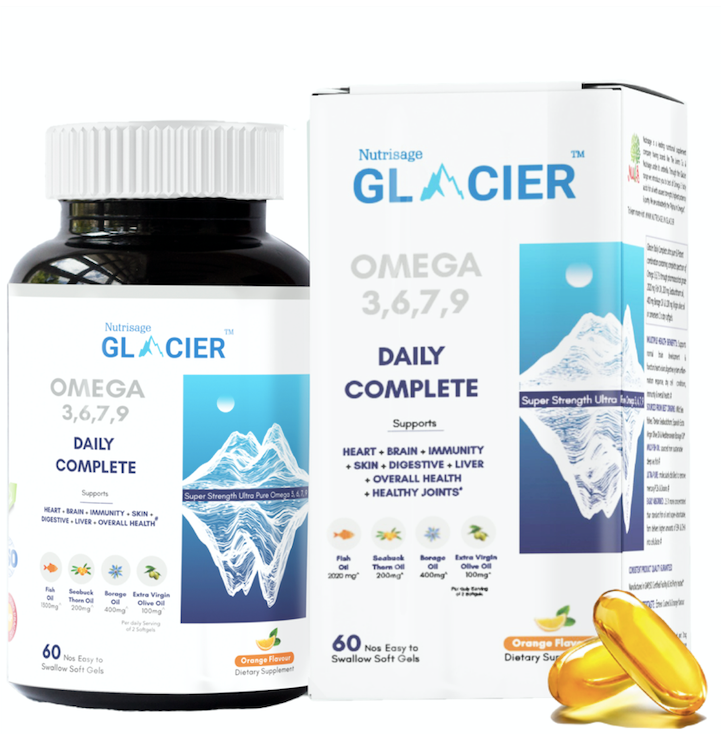
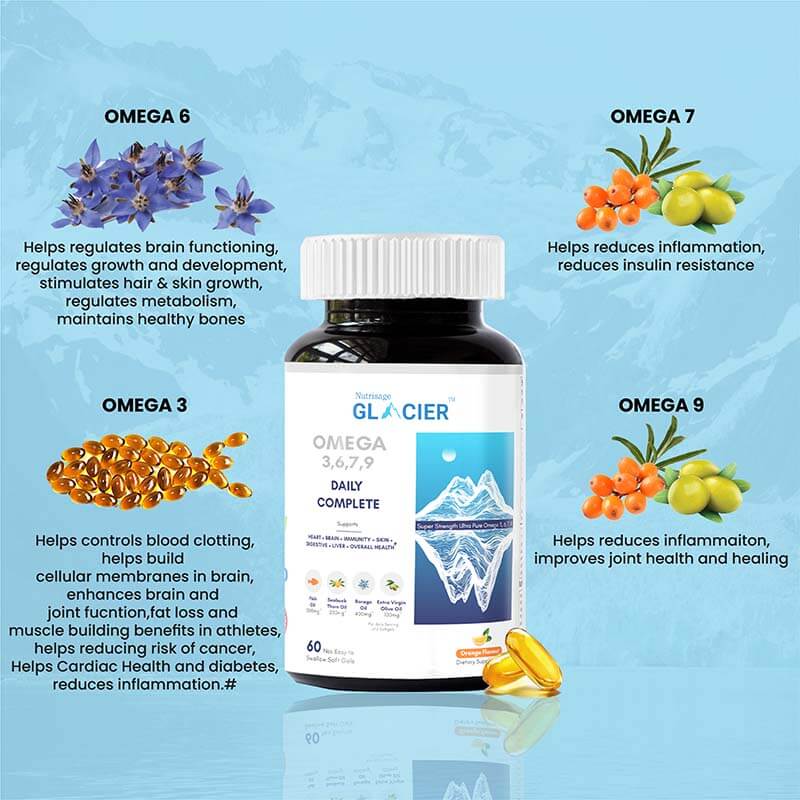


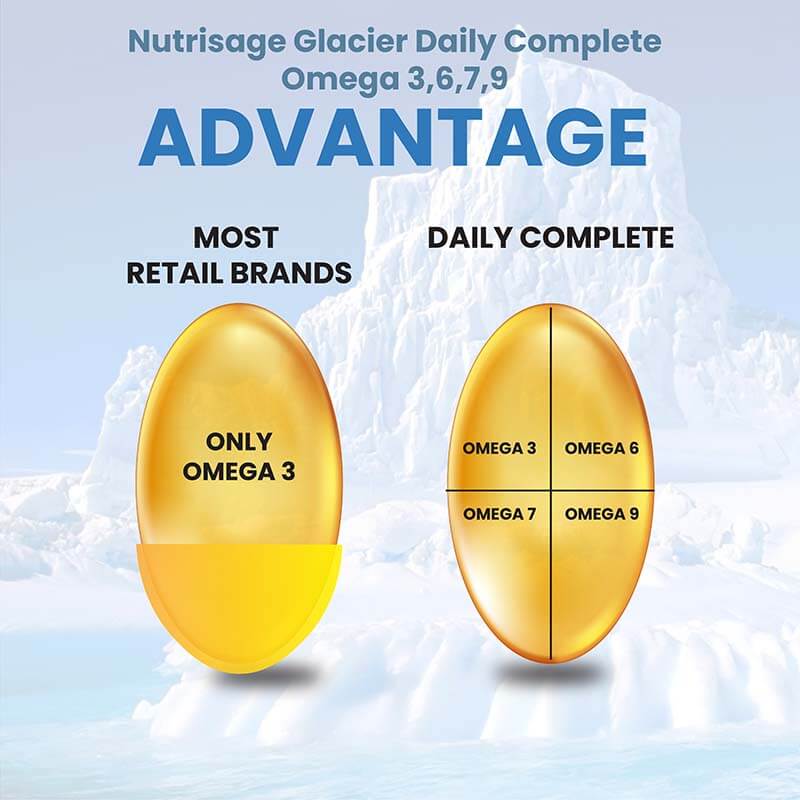
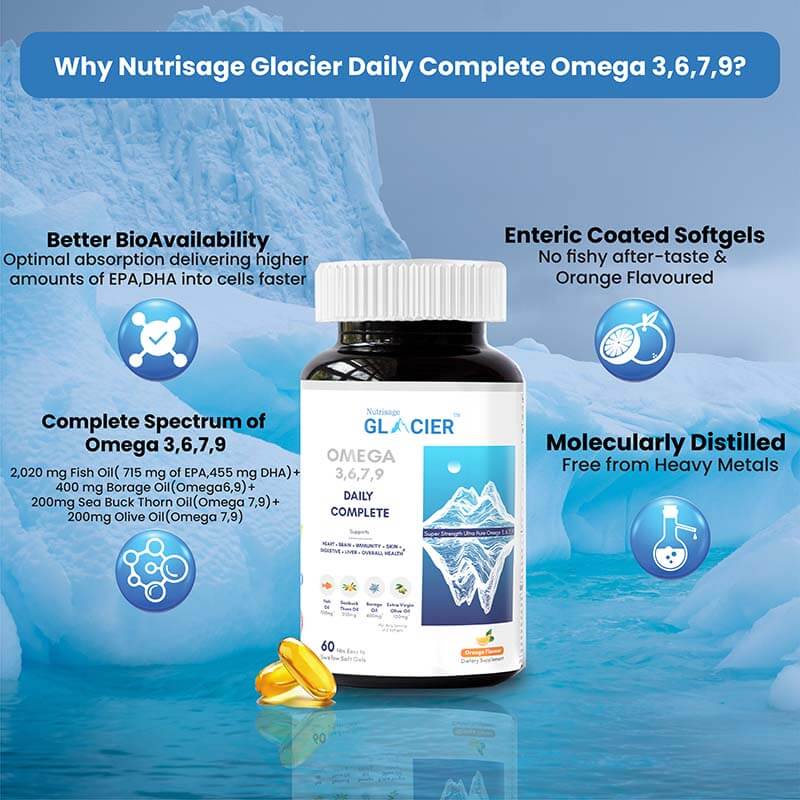
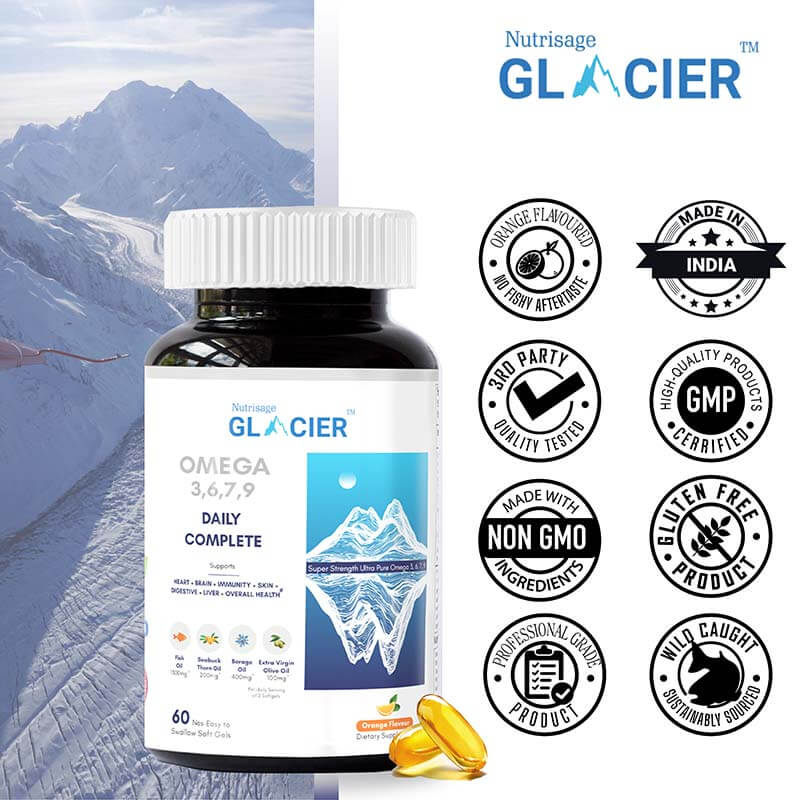

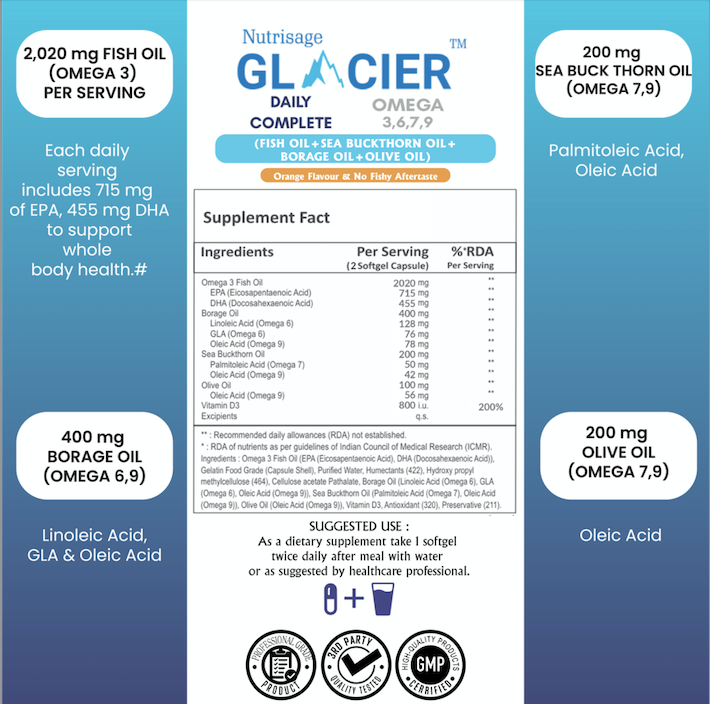

FAQ'S
What are the key ingredients in Nutrisage Glacier Daily Complete?
Nutrisage Glacier Daily Complete is a comprehensive omega supplement formulated to support overall health. It combines a blend of essential fatty acids and nutrients to promote well-being.
Key Ingredients:
- Fish Oil (Omega-3 EPA & DHA): Supports heart, brain, and eye health.
- Omega-6 : Supports overall wellness by promoting healthy skin, joints, and heart function. It also helps maintain hormone balance and supports brain health.
- Omega-7 : Nourishes skin, metabolism, and heart health, making it a valuable addition to a daily wellness supplement.
- Omega-9 : Supports heart, metabolic, and skin health, making it an important part of a daily wellness routine
- Sea Buckthorn Oil: Rich in antioxidants and supports skin health.
- Borage Oil: Contains GLA, beneficial for skin and joint health.
- Olive Oil: Provides monounsaturated fats for cardiovascular health.
- Vitamin D: Essential for bone health and immune function.
These ingredients work synergistically to support various aspects of health, including heart, brain, skin, and immune function.
How does this supplement improve overall health?
Nutrisage Glacier Daily Complete is designed to support your body from all angles. Packed with essential vitamins, minerals, and natural ingredients, it helps maintain energy, strengthen immunity, support heart, bone, and brain health, and even promotes healthy hair, skin, and nails. Essentially, it’s a daily boost that helps you feel healthier, stronger, and more vibrant every day.
Can it help boost immunity, energy, and metabolism?
Yes! Nutrisage Glacier Daily Complete is formulated to give your body the support it needs every day. It helps boost immunity, keeps your energy levels up, and supports a healthy metabolism, so you can feel more active, vibrant, and ready to take on the day.
Does Nutrisage Glacier Daily Complete support overall health, including hair, skin, nails, heart, bones, and brain?
Absolutely! Nutrisage Glacier Daily Complete is designed to support your overall health. It helps nourish your hair, skin, and nails, while also taking care of important internal health like your heart, bones, and brain. Think of it as a complete daily boost for both your appearance and well-being, so you can feel healthy and energized every day
Are there any known side effects?
Nutrisage Glacier Daily Complete is made with natural and safe ingredients, and most people tolerate it very well. Mild side effects are rare, but if you have allergies or existing health conditions, it’s always best to consult your healthcare professional before starting any new supplement.
How is the quality of ingredients ensured?
The quality of ingredients in Nutrisage Glacier Daily Complete is carefully ensured at every step. All raw materials are sourced from trusted suppliers, and the product is manufactured in a facility that meets GMP, ISO, FSSC 22000, and WHO standards, so you can be confident you’re getting a safe, pure, and high-quality supplement.
RESULTS YOU CAN FEEL
What are Omega 3,6,7,9 and how its deficiency is not good for body?
Omega fatty acids are vital healthy fats that support the brain, heart, skin, and joints. Omega-3 helps reduce inflammation, supports memory, and promotes heart health, while Omega-6 aids in skin and bone strength but must stay balanced with Omega-3. Omega-7, found in sea buckthorn, nourishes skin and mucous membranes, and Omega-9, from olive oil and nuts, helps maintain healthy cholesterol levels. Deficiency in these fatty acids can lead to dry skin, fatigue, mood swings, poor heart and brain function, and chronic inflammation. A balanced intake of all four Omegas keeps the body’s cells, nerves, and metabolism functioning at their best.
TAKE ACTION TODAY
Early Intervention is in your Hands
-
25–40%
face joint & spine pain (inflammation, arthritis)
-
20–25%
people develop cardiovascular risks
-
15–20%
Skin problems & mucosal dryness
HOW TO USE
-

For Nerves,Muscles & Bone Health
We recommend using 1 capsule twice daily(1 capsule twice a day after food) or as recommended by your healthcare professional*.Take this as a multivitamin for longer period for best result.
-

For Skin Health
Start with 1 capsule X 2 times a day, immediately after food or as recommended by your healthcare professional.You must use this product for 3-4 consecutive months to get the maximum effect.Take this as a multivitamin for longer period for best result.
-

For Heart Health
1 capsule x 2 times a day. You must use this product for 4-6 consecutive months to get the maximum effect.*Take this as a multivitamin for longer period for best result.
Made with Clinically proven,More Bioavailable Ingredients
INGREDIENTS
Omega-3
Omega-3 fatty acids are essential healthy fats that play a crucial role in overall wellness, including the health of your skin, hair, and nails. They help reduce inflammation in the body, support heart and brain function, and improve joint flexibility. For the skin, omega-3s strengthen the natural barrier, keeping it hydrated, soft, and less prone to irritation or redness. They also nourish the scalp, promoting healthier, shinier hair and reducing dryness or flakiness. For nails, omega-3s help prevent brittleness and support stronger nail growth. In short, omega-3s work from the inside out to keep you healthy and glowing.
Sea Buckthorn Oil
Sea Buckthorn Oil (rich in Omega-7, 9 antioxidants, and vitamins) is a powerhouse ingredient that supports overall wellness in many ways:
- Skin & Beauty Support – Keeps skin hydrated, nourished, and glowing, while also supporting hair and nail health.
- Immune System Boost – Packed with antioxidants like Vitamin C and E that protect cells and strengthen immunity.
- Heart & Metabolic Health – Helps maintain healthy cholesterol and blood sugar levels, supporting cardiovascular wellness.
- Digestive & Mucosal Health – Nourishes the linings of the stomach, intestines, and respiratory tract for better comfort and protection.
- Anti-Inflammatory Benefits – Reduces oxidative stress and inflammation, which supports joints and overall vitality.
Vitamin D
Vitamin D is an essential nutrient often called the “sunshine vitamin,” and it plays a vital role in overall wellness:
- Bone & Joint Strength – Helps the body absorb calcium and phosphorus, keeping bones and teeth strong.
- Immune System Support – Boosts the body’s natural defenses to fight infections and maintain resilience.
- Muscle Function – Supports muscle strength and reduces the risk of weakness or cramps.
- Mood & Energy – Plays a role in balancing mood and maintaining energy levels.
- Heart & Metabolic Health – Contributes to healthy cardiovascular and metabolic function.
💡 Summary: In Nutrisage Glacier Omega 3,6,7,9, Vitamin D ensures strong bones, better immunity, improved energy, and overall vitality, making the supplement more complete.
Olive Oil
Olive Oil (rich in Omega-9 – Oleic Acid and antioxidants) is a heart-healthy fat with many proven benefits:
- Heart & Cholesterol Support – Helps maintain healthy cholesterol levels and supports overall cardiovascular wellness.
- Anti-Inflammatory Benefits – Reduces inflammation in the body, supporting joint and cellular health.
- Brain & Cognitive Function – Provides healthy fats that nourish brain cells and support memory and focus.
- Skin & Hair Health – Hydrates skin from within and promotes smooth, healthy hair.
- Digestive Support – Aids healthy digestion and supports nutrient absorption.
💡 Summary: In Nutrisage Glacier Omega 3,6,7,9, Olive Oil contributes to heart, brain, skin, and digestive health, making it an important part of daily wellness.
Borage Oil
Borage Oil (rich in Omega-6 GLA – Gamma Linolenic Acid) is well-known for its therapeutic properties and offers several health benefits:
- Skin Health – Deeply nourishes and hydrates skin, helping with dryness, irritation, and conditions like eczema.
- Joint Comfort – GLA helps reduce inflammation, supporting joint flexibility and comfort.
- Hormonal Balance – Supports women’s health by easing PMS and menopausal symptoms.
- Heart & Circulation – Promotes healthy blood flow and helps maintain balanced cholesterol levels.
- Immune Support – Strengthens the body’s natural defenses through its anti-inflammatory action.
💡 Summary: In Nutrisage Glacier Omega 3,6,7,9, Borage Oil helps individuals by supporting skin health, joint comfort, hormonal balance, and heart wellness, making it a key part of complete daily care.
Developed By Scientists And Prescribed By Doctors
best fish in market
i can happily recommend this product to everyone.
I feel more energized throughout the day, and I’ve noticed a big improvement in my overall well-being. My immune system seems stronger, and I have experienced fewer illnesses since I started taking it.
helped overall health
excellent product on internet
and nail support best fish oil capsules Bone strength borage oil Borage oil softgels Brain health Brain health supplement Complete health support Daily complete multivitamin Daily nutrition Daily wellness supplement Energy and metabolism booster Energy support Eye health fish oil fish oil benefits fish oil capsules fish oil capsules benefits Fish oil capsules for heart health Fish oil supplement Glacier hair Healthy Hair Healthy hair and nails Healthy Lifestyle Healthy metabolism Healthy Skin Healthy thyroid Heart Health Heart health supplement Herbal health Herbal omega blend Holistic wellness Immune booster Immune booster capsules Immune Health Joint and bone health support Joint support Liver Health mb fish oil Men Health Metabolism support Middle-aged health Natural daily wellness supplement Natural supplement olive oil Olive oil capsules Olive oil capsules for cholesterol Omega 3 6 7 9 omega 3 benefit capsules omega 3 capsules omega 3 fatty acid omega 3 fatty acid foods omega 3 fish oil omega 3 fish oil benefits omega 3 fish oil price omega 3 food omega 3 rich food omega 3 tablets Omega 6 omega 7 omega 9 omega fish oil ovary health Premium quality omega supplement Sea buckthorn oil Sea buckthorn oil supplement seabuck thorn benefits seabuckthorn Skin Skin health Skin/Hair Health Thyroid Health Vitamin D supplement Vitamin D supplement for bones Women Health

